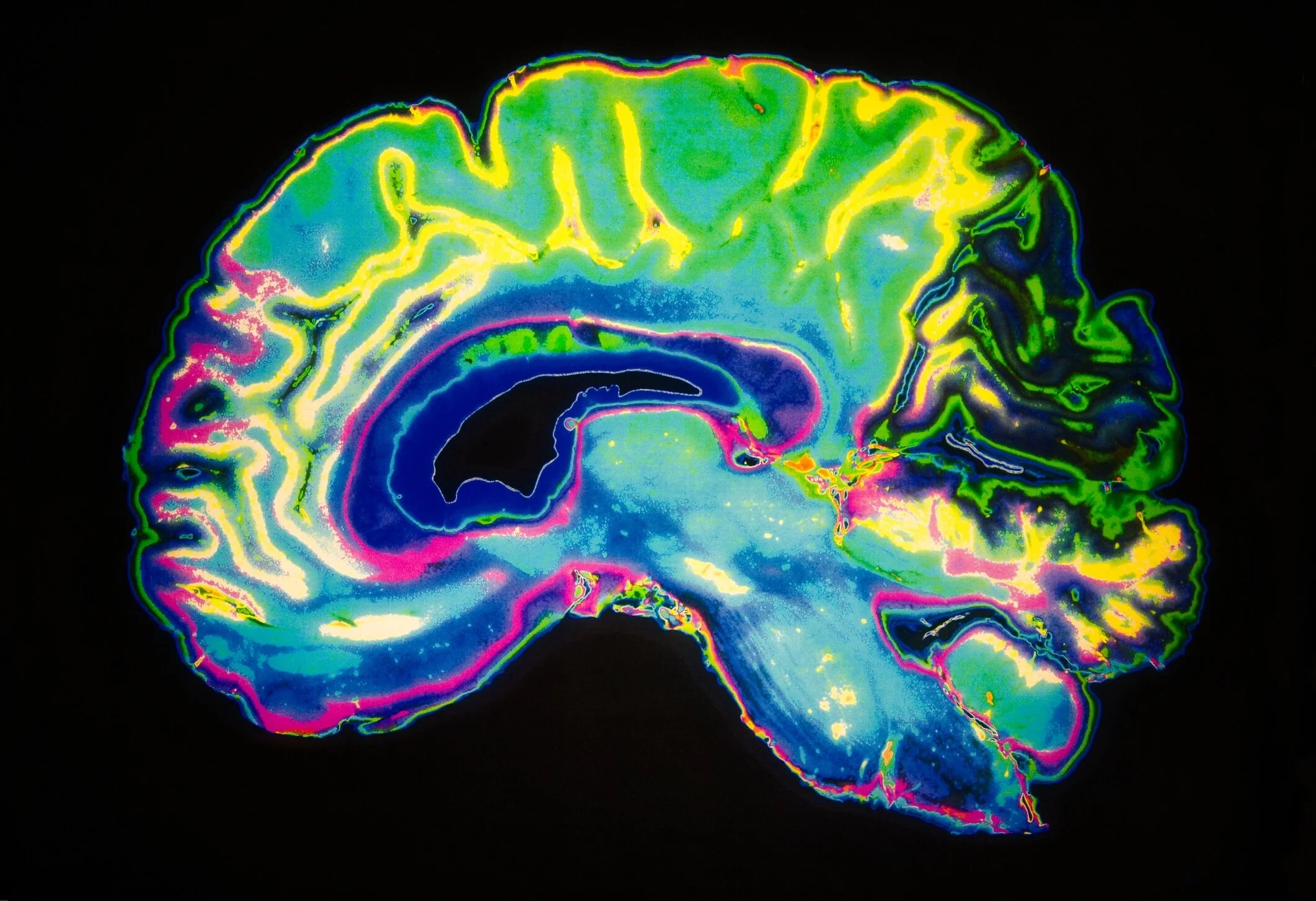When computers hit the mainstream, the older guy in the office would always be sniggered at when bashing away on his QWERTY keyboard, only using his two index fingers to type. To the amusement of his younger, tech-savvy colleagues, he would almost look Neanderthal next to those who grew up with computers and used all their fingers on the keyboard quickly and fluently.
Jogging can add years to your life – here are six simple tips to get you started
The sight of the determined, lycra-clad jogger has become a familiar feature of urban parks around the world. Jogging – defined as “the activity of running at a steady, gentle pace” – was made popular by running pioneer Arthur Lydiard, who realised that this was a better way to train for competition than sprinting to exhaustion. Jogging gained a huge following in the 1980s, and has recently experienced something of a resurgence.
Explainer: how does the immune system learn?
We’re outnumbered by bacteria, viruses, parasites and fungi that can make us ill. And the only thing standing between them and our devastation is our immune system. The immune system does such a good job most of the time that we only really think about it when things go wrong. But to provide such excellent protection against a whole host of pathogens, our immune system must constantly learn.
Could coffee be the secret to fighting obesity?
Young 'night owls' are prone to drinking and smoking due to impulsiveness
Study Finds Drinking Cocoa Might Make You Smarter
Research shows that carrying a firearm makes you assume others do as well
No More Blaming the Background Music: The Interesting Way in Which Your Eye Position Can Affect Your Ability to Hear at a Party
Genetic Differences Found to Play a Part in Alzheimer's Diagnostic Testing
Brain implant data can reliably predict seizure risk days ahead of time
Spotting liars is hard – but our new method is effective and ethical
Loneliness is visible in the brain, researchers demonstrate
How strong your grip is says a lot about your health
You might not have given it any thought before, but the strength of someone's handshake can provide you with more information than you might think. It turns out that grip strength is a good indicator of a person's health and genuine physical age. Moreover, a weaker than average grip can be an indicator of several hidden health issues.
Scientists discovered that the purpose of sleep changes drastically as we reach the age of 2-and-a-half
We studied what happens when guys add their cats to their dating app profiles
Speaking two languages shields you from cognitive decline and dementia
Let’s scrap the neuromyths: No, you aren’t a ‘visual’ or ‘auditory’ person
here are many commonly-held misconceptions about how our brain works and how we learn. A catchy example is perhaps the belief that some of us are right-brained and others left-brained, where left-brained people are supposed to be better at mathematics while left-brained people are more creative. These misconceptions are sometimes referred to as 'neuromyths.'
















